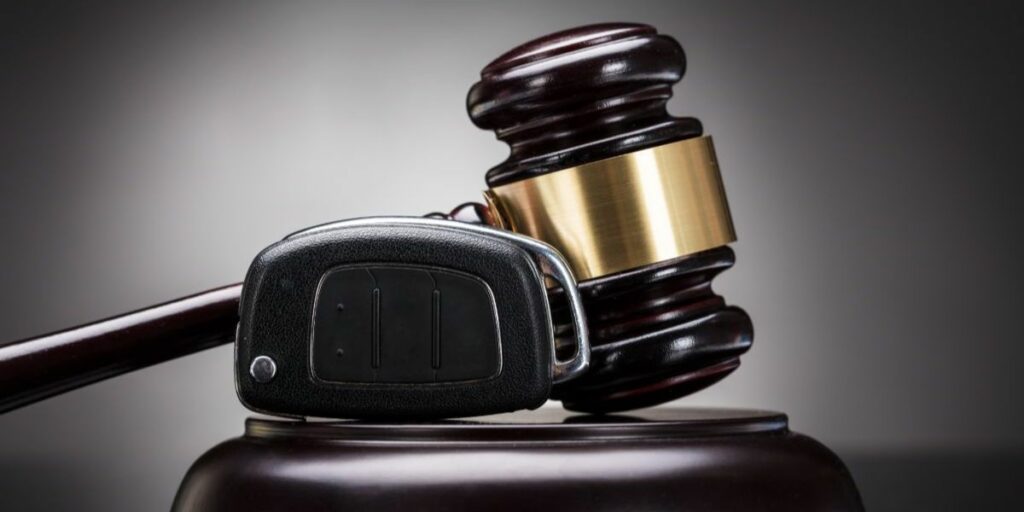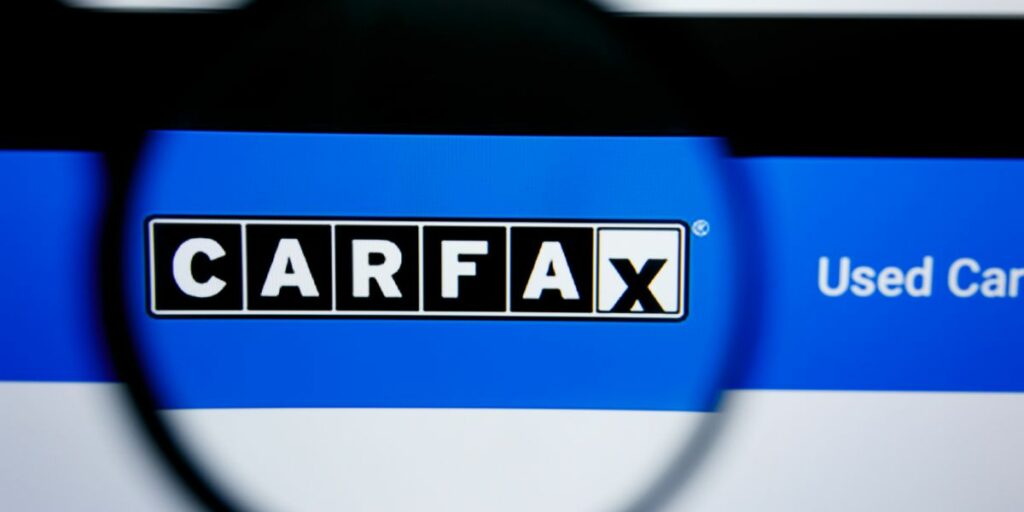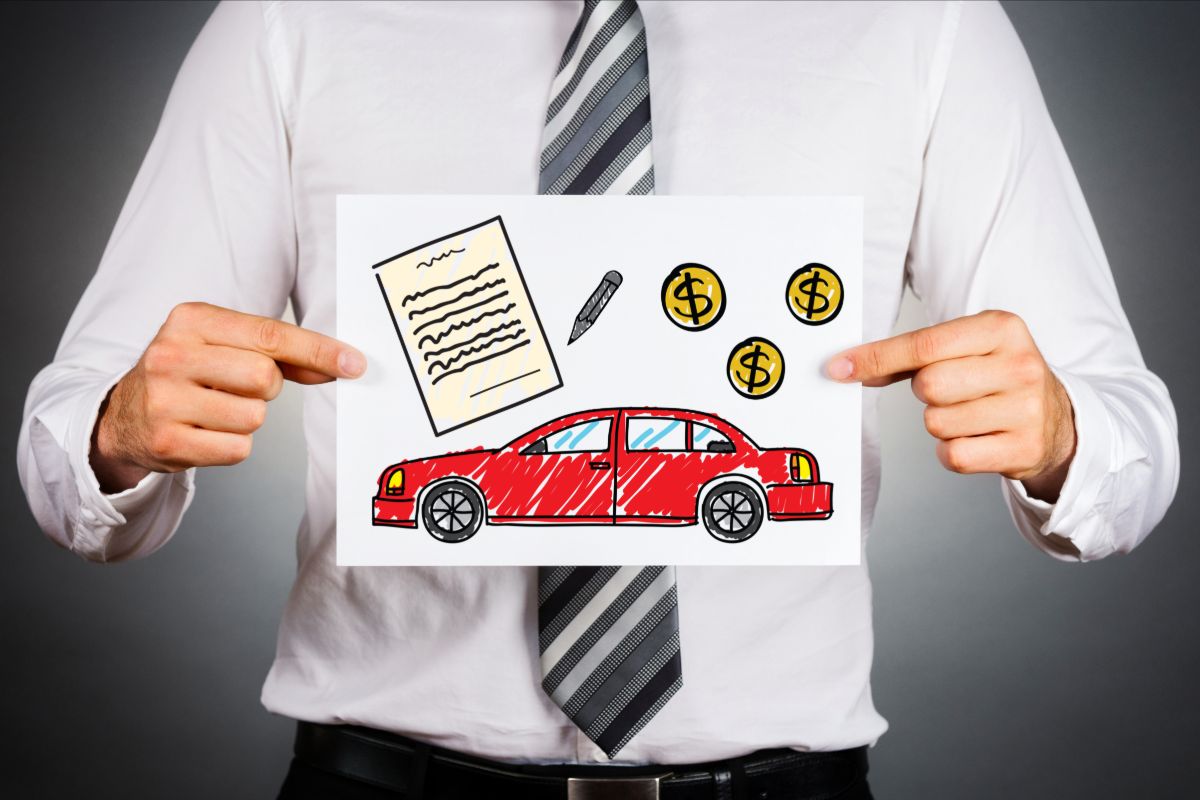When buying a used car, one of the first things you have to do is check for liens. A car lien is a legal claim on an automobile that secures the payment of a debt. If you’re not careful, you can end up purchasing a vehicle with an existing lien – thus becoming responsible for paying it off.
If you don’t want any additional expenses or headaches from purchasing a used car, keep reading our guide on avoiding, checking for, and settling car liens.
Understanding Car Liens
A car lien is something lenders use to ensure that the car owner pays back what they loaned. According to CARFAX Canada, a car lien is “an interest in the car that the owner grants to another party, usually as security or collateral for a debt.”
Liens are issued by places like banks and other financial institutions and are only removed once the debt is fully paid off. If the car’s current owner cannot pay off the lien or defaults on their loan, the lender has the right to repossess the vehicle.
Why Should You Know About Car Liens?

While dealerships are legally obligated to pay off existing liens before selling a used car, private sellers are not. If you don’t check for or ask about a lien before buying a used car, you could end up taking on the responsibility of paying off that lien. Once the car is transferred to you, the bank or financial institution that holds the lien will expect you to pay it off. And if you can’t make the payment, you could end up losing your car.
Can you still drive or use a car with a lien? Yes, you can. But, if you purchase a car with an existing lien, you will have trouble securing a free and clean title. In addition, depending on where you live, you will likely be unable to receive the car’s title until the seller settles their lien and the lender agrees to transfer the title.
Thus, a car with a lien is not technically entirely yours. This also means that when you sell a vehicle with a lien, the lender has the right to take any money you make from selling it. You will only be able to get this money once you’ve paid off your lien in full.
Who Holds a Car Lien?
In most cases, your auto loan lender will be the lien holder and, as mentioned, may also be the titleholder of your vehicle. Your lienholder will be the legal owner of your car until your loan is fully repaid and the lienholder files a lien release document to your local transport agency. Once this happens, the title can be transferred to your name.
What are the Different Types of Liens?

There are three main types of liens:
Consensual Liens
As its name suggests, a consensual lien is one that the car owner consents or agrees to. This means that you are fully aware of and in agreement with the loan terms and conditions.
Statutory Liens
A statutory lien is a lien that a lender orders due to unpaid bills. Some examples of statutory liens include mechanic’s liens and tax liens.
A mechanic’s or contractor lien is issued when a vehicle or property owner enlists the services of a mechanic or contractor but fails to pay for the work done.
As a result, the mechanic is interested in the vehicle/property until the lien is paid off. On the other hand, a tax lien is issued by the government when the car or homeowner does not pay the necessary taxes for their property.
Judgment Liens
Judgment liens are court rulings that grant lenders the right to repossess the borrower’s property if they fail to meet the agreed-upon terms of the loan.
For example, if someone purchases a vehicle with a bank loan but cannot meet the payments within a predetermined time period, the bank can repossess the car to pay for the remaining balance.
Car Liens: Pros and Cons
Car liens are beneficial to lenders for the following reasons:
- The lien provides concrete security or collateral to the lender in case the borrower defaults on the loan.
- As a result, the lien gives lenders a sense of reassurance that they won’t incur total losses for their loan.
On the other hand, car liens can be detrimental to car owners and buyers because:
- Car owners cannot sell off their cars to a new owner until they have settled the lien.
- Car owners are in a constant state of uncertainty about how long they can possess and drive their vehicles – that is until they pay off their lien.
- Used car buyers can make the mistake of purchasing a car without checking for liens, thus inheriting debt from the seller.
How Long Do Car Liens Last?
Consensual liens don’t affect your credit score in any negative way, so long as you follow the terms and conditions set by your lender. However, judgment and statutory car liens can stay on your credit history for up to seven years.
According to Car and Driver, paying off a car lien can take five business days or more.
Checking for Liens on a Vehicle

Here are three ways you can check for a car lien on a used vehicle:
- First, inspect the car title: As mentioned, in some cases, car titles will list the lienholder as the car’s titleholder.
- Request for a vehicle history report: CARFAX and Autocheck are two services providers that can supply you with a complete vehicle history report. This includes the car’s VIN, mileage, accident and damage history, title information, service history, notice of recalls, and record of liens.
- Inquire your local transportation agency: If you can get a hold of the VIN or Vehicle Identification Number, you can take this to your DMV or even head to your state’s transport website to look up existing liens on the car you’re interested in.
The Bottom Line
If you are looking to buy a used car, you must understand what liens are and how they affect the sale of your vehicle. Otherwise, you may end up having to cough up more money than you had initially planned to spend.
Whether you need more tips on buying used cars or advice on safe driving in fog, snow, and other weather conditions, our blog has all the resources you need to make well-informed decisions! So keep reading to learn more about buying, selling, driving, and maintaining new and used cars.
